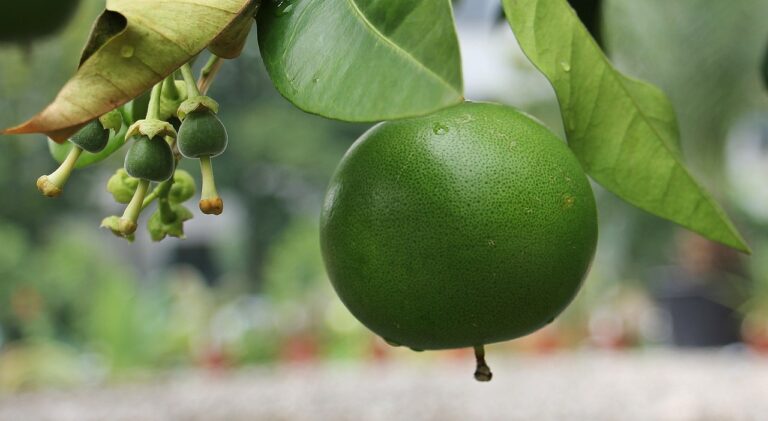Analyzing the Impact of Food Waste on Climate Change
Food production is a significant contributor to greenhouse gas emissions. Agricultural practices release methane and nitrous oxide, gases that trap heat in the atmosphere. Livestock farming, particularly cows, release methane during digestion and through manure. Additionally, the use of synthetic fertilizers in crop production releases nitrous oxide into the air.
Deforestation for agriculture also plays a role in greenhouse gas emissions. When forests are cleared for farmland, the trees that once absorbed carbon dioxide are removed, causing an increase in greenhouse gases in the atmosphere. This destruction of natural carbon sinks intensifies the impact of food production on climate change.
• Food production contributes to greenhouse gas emissions through agricultural practices
• Livestock farming, especially cows, release methane during digestion and through manure
• Use of synthetic fertilizers in crop production releases nitrous oxide into the air
• Deforestation for agriculture removes trees that absorb carbon dioxide, increasing greenhouse gases in the atmosphere
• Destruction of natural carbon sinks intensifies the impact of food production on climate change
The Environmental Consequences of Food Waste
Food waste poses a significant threat to the environment due to its detrimental consequences. When food is wasted, it not only squanders valuable resources such as water, land, and energy used in its production, but it also contributes to greenhouse gas emissions that accelerate climate change. As food decomposes in landfills, it generates methane gas, a potent greenhouse gas that is many times more damaging to the environment than carbon dioxide.
The environmental impact of food waste extends beyond the release of greenhouse gases. Food waste also leads to the unnecessary loss of biodiversity as extensive resources are utilized in the production of food that ultimately goes uneaten. Furthermore, the disposal of food waste in landfills contributes to the generation of leachate, a toxic substance that can contaminate soil and water sources, posing a threat to both ecosystems and human health.
How Food Waste Contributes to Methane Emissions
Food waste plays a significant role in the generation of methane emissions, a potent greenhouse gas that contributes to global warming. When organic matter such as food scraps end up in landfills, they undergo anaerobic decomposition in the absence of oxygen, leading to the production of methane gas. This process occurs as bacteria break down the food waste, releasing methane into the atmosphere.
Methane emissions from food waste are a significant environmental concern due to their detrimental impact on climate change. In fact, methane is more effective at trapping heat in the atmosphere compared to carbon dioxide, making it a potent greenhouse gas. By reducing food waste and implementing proper waste management strategies such as composting or anaerobic digestion, the amount of methane emissions generated from food waste can be significantly reduced, contributing to efforts to mitigate climate change.
How does food production contribute to greenhouse gas emissions?
Food production involves processes such as farming, transportation, and packaging, all of which release greenhouse gases like carbon dioxide and methane into the atmosphere.
What are the environmental consequences of food waste?
Food waste leads to the emission of methane gas when it decomposes in landfills, contributing to climate change. It also wastes resources like water, energy, and land used to produce the food.
How does food waste contribute to methane emissions?
When food waste is disposed of in landfills, it decomposes anaerobically (without oxygen), producing methane gas as a byproduct. Methane is a potent greenhouse gas that is much more effective at trapping heat in the atmosphere than carbon dioxide.







